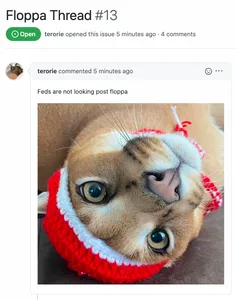Members of the Merit DAO, a DAO operating in the play-to-earn space, voted on proposals renege on a deal signed with an early investor to the DAO, Yield Guild Games (YGG). The proposal argued that YGG had not "added value" to Merit (besides monetarily, of course).YGG pointed out that the seed investor agreement did not require investors to "provide any specific value add services", and "there is no provision for Merit... to unilaterally cancel the contract". The core team replied to say that, "We would like to honor all agreements, however... the DAO holds the ultimate power". One minority voice in the community argued, "You can not just look back 6 months later and be angry with someone who took an early bet on you and say 'here is a refund'. We must uphold trust in compensating those who take early risks."
Surprisingly, YGG ultimately accepted a deal with the DAO rather than take it to court. The final decision did not entirely eliminate their promised returns, but still only granted them around 30% of what they would have been owed with the original deal (which would have been over $5 million).
In a Twitter thread, CEO of the 101.xyz web3 platform detailed the saga and wrote, "it's hard to see this as anything other than a horrendous stain on the reputation of web3... Merit Circle DAO may not need outside support anymore, but many other projects do. And now they've made it harder for earlier projects to get the capital they need. Investors might rightfully ask 'what if your DAO decides to fuck us'".











































